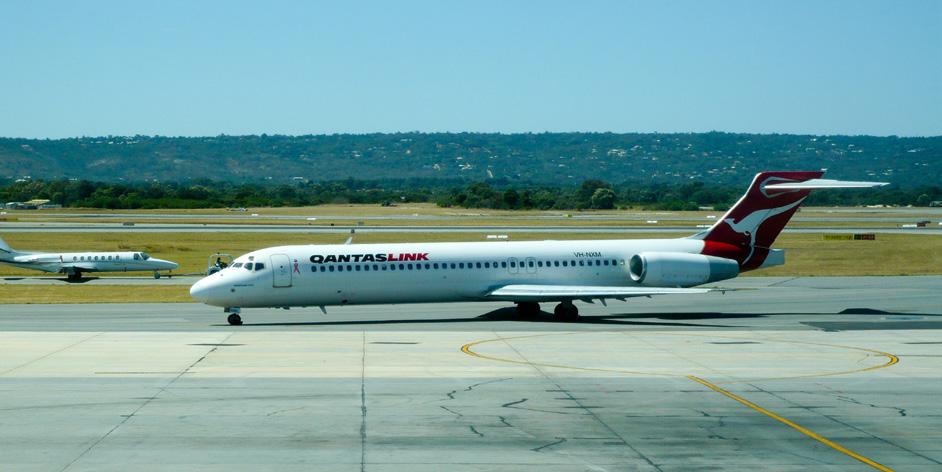
3 minute read
NATIONAL JET SYSTEMS
The last six months have been difficult for the new Qantas subsidiary. As with all the other Qantas operations the new year saw a marked pick up with interstate borders opening more fully.
Out of the blue in February the company approached the AFAP seeking to renegotiate an expired EBA, on the basis that if a quick EBA could be secured then National Jet Systems (NJS) would secure new Airbus A220 aircraft to replace their ageing Boeing 717 aircraft.
Advertisement
The ordering of these new aircraft along with others apparently destined for Qantas Mainline was dramatically titled ‘Operation Winton’ by Qantas.
Rather optimistically the company indicated they wanted an in-principle agreement with the unions before the end of April and a finalised deal before the end of June 2022.
With face to face meetings not commencing until March it was clear that the company were wanting to rush through a potential deal as quickly as possible.
There was no explanation as to why such a deal had to be done quickly although with the ever tightening pilot labour market, coupled with a fleet near retirement and with the pandemic impact still fresh in the collective memories it was highly likely that the company saw a good opportunity to cut into established terms and conditions of employment.
These fears sadly were borne out in intensive negotiations that then took place through March/April.
The three main principles that Qantas were seeking that would clearly have business-wide implications were that
• When any new fleet was introduced rostering would be governed solely by an FRMS (and rostering protections would be removed from an EBA to an
FRMS).; • New aircraft would not necessarily mean new pay scales and that the Qantas wages policy of a two years of wage freeze coupled with 2% thereafter would not be affected by the mushrooming cost of living; and • Negotiating was done under the clear threat that if an agreement could not be reached that with the imminent retirement of the 717 fleet that would spell the end of NJS as the new aircraft would ‘go somewhere else’.
It was clear that the longer time that elapsed the more apparent it would be that the threat of moving the aircraft elsewhere was potentially hollow on the basis that pilot shortages were quickly becoming prevalent across the industry. Ultimately as the company refused to move on these core principles and only addressed one claim of the unions (that of an additional day off per roster period) the AFAP, after extensive consultation with the pilot group could in no way offer an in-principle agreement especially as virtually all claims from the AFAP had been ignored.
In addition the very worrying proposal that rostering protections move outside an EBA to be governed by an FRMS which is designed to purely look at fatigue management is clearly a principle that in no way addressed or protected work/life balance protections.
Matters took a further turn for the worse when simultaneous discussions in Qantas Mainline (in relation to the proposed introduction of A321 aircraft) illicited an in-principle agreement from the AIPA negotiating team.
Almost overnight the membership group in NJS feared that holding out against the blunt position of Qantas could be undermined by mainline pilots accepting the basic principles tabled by Qantas and that there was a real fear that the new aircraft would move elsewhere.
The company also simultaneously at this time reiterated this threat. Whilst the AIPA executive's position has since changed to that of neutrality towards the new deal the fear factor within NJS has remained ever present and consequently the company put out a proposed EBA for voting commencing 15 June, with the ballot open for seven days.
The NJS representatives agreed that in conjunction with the recommendation from the AFAP to vote ‘No’ in the forthcoming short haul mainline ballot, that the recommendation for NJS members should also be for a ‘No’ vote, although it was recognised that the fear factor across the membership was clearly going to impact the voting process.
National Jet System's Boeing 717 aircraft









